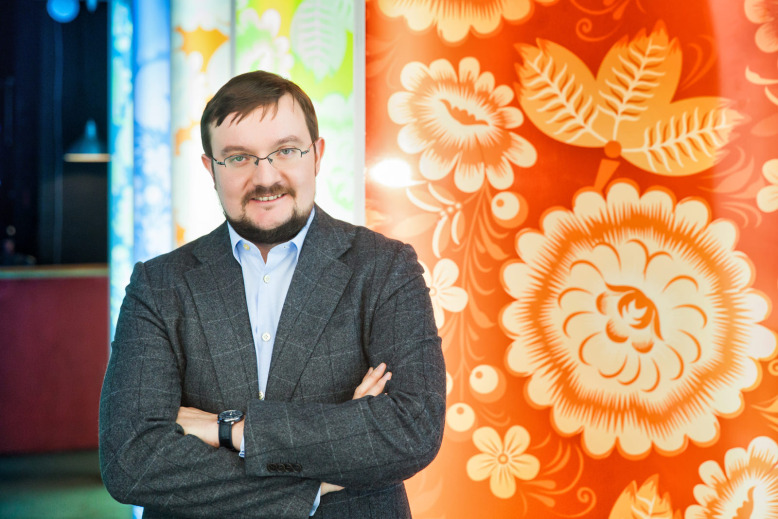60%
of older Russians limit their participation in society to caring for their own family: children and grandchildren. Their activity does not extend outside the household.
Applications Being Accepted for HSE's 2015 Summer University
The Summer University started at HSE in 2014, and has since been developing and growing rapidly. Classes in this year's programme will take place between June 22 and August 8. Applications will be accepted until May 1.
Mathematics and the Arts: What Does Geometry and Calculus Have to Do with Salvador Dali and War and Peace?
On Tuesday 31st March 2015, Piergiorgio Odifreddi, Professor of Mathematical Logics at the University of Turin, will give a public lecture at HSE titled ‘Mathematics and the Arts’. The lecture is held in cooperation with Istituto Italiano di Cultura, and will examine the deep and close relationships between the objects of Mathematics and of the Arts.Professor Odifreddi, who is also a well-known journalist will talk about ‘a mathematical reading of the arts’, and will present a short history of the visual arts from a mathematical perspective. He talked to the HSE English News service about the surprising connections his unusual approach reveals.
Improving Academic Writing with Oklahoma State University
Marina Predvoditeleva, Associate Professor at the HSE Faculty of Management and Associate Professor Elizaveta Slevitch talk about the first results of cooperation between Oklahoma State University and HSE on the specialisation Tourism and Hotel Management on the Master’s programme Experience Economy: Hospitality and Tourism Management.
20
Russian regions are taking part in ‘Management of Regional Clusters: Best International Practices’, a research and practical seminar that began today at the Higher School of Economics.
‘We’re Moving in the Right Direction’
At a March 27 meeting, HSE’s Academic Council discussed how the university’s development strategy was carried out in 2014.

'We Shouldn’t Be Afraid to Admit When We Aren’t Yet Capable of Doing Something'
If you can explain why your project will be a success, investments in your business are guaranteed under any conditions. HSE alumnus and chairman of the board of directors at the 'R-Pharm' group, Alexey Repik, told 'Success Builder' what how to phase out of imports properly, how the government can help entrepreneurs, and how to turn extending people’s lives into a business.
No Crisis Wage Cuts in Russia
Russian firms prefer to freeze rather than cut employee wages during crises, reasoning that high inflation will cause real wages to drop anyway, while nominal wage cuts may prompt valued employees to leave, suggests Alexander Larin, Senior Lecturer at the Faculty of Economics, HSE Branch in Nizhny Novgorod, in his paper 'Downward Nominal Wage Rigidity: Unions' Achievement or Employers' Choice?'
273
students will take part in the final stage of the All-Russian Olympiad in Literature, which will begin on March 28 at the Higher School of Economics.
The Faculty of Humanities: Liberal Arts United
The 20th issue of The HSE Look is devoted to the Faculty of Humanities, another big department formed in the course of the university-wide structural reorganization, launched at HSE in December 2014. We talked to the Dean of the Faculty of Humanities, Professor Alexey Rutkevich. He discussed the new opportunities and challenges connected with the foundation of this large faculty and the general situation concerning liberal arts education in Russia.

